Importance of Sustainable Socks
Environmental Impact
traditional sock production heavily contributes to resource depletion and pollution. The use of non-renewable materials like synthetic fibres and harsh chemicals in dyeing processes harms ecosystems.
sustainable socks, made from eco-friendly materials like organic cotton or recycled polyester, offer a solution. By opting for these alternatives, individuals can significantly reduce their carbon footprints and support environmental conservation efforts.
Consumer Responsibility
Consumers play a crucial role in driving the demand for sustainable products. By choosing sustainable dress socks, sustainable running socks, or other eco-friendly options, they signal to brands the importance of prioritising sustainability.
- Opting for sustainable wool socks over traditional ones can help conserve natural resources.
- Choosing sustainable cotton socks supports ethical farming practices and reduces water consumption.
- Preferring sustainable ski socks made from recycled materials helps reduce waste and promote circular economy principles.
Eco-Friendly Materials for Socks
Natural Fibres
Organic cotton, bamboo, and recycled fibres are key eco-friendly materials used in sock production. These materials offer sustainability benefits by reducing the environmental impact of traditional sock manufacturing processes.
Recycled fibres, derived from post-consumer waste like plastic bottles or textile scraps, help lessen landfill waste while providing a second life to materials that would otherwise pollute the environment. Similarly, organic cotton cultivation avoids harmful pesticides and chemicals, promoting soil health and biodiversity.
Non-Toxic Finishes
Using natural dyes and non-toxic finishes in sock production is crucial for minimising environmental harm. These alternatives eliminate the release of harmful chemicals into water systems during the dyeing and finishing processes, safeguarding both ecosystems and human health.
By opting for non-toxic finishes, sock manufacturers can significantly reduce their ecological footprint and contribute to cleaner water sources. Natural dyes derived from plant-based sources offer vibrant colour options without the environmental repercussions associated with synthetic dyes.
Innovative Materials
Innovative materials like TENCEL™ play a significant role in advancing sustainability within the textile industry. TENCEL™, made from sustainably sourced wood pulp, boasts a closed-loop production process that recycles solvents and water to minimise waste and energy consumption.
TENCEL™'s production process significantly reduces water usage compared to conventional cotton production methods, making it a more environmentally friendly choice for sock manufacturing. Furthermore, its biodegradable nature ensures minimal environmental impact at the end of the product's lifecycle.
Benefits of Organic Cotton
Reduced Pesticide Use
Organic cotton, compared to conventional cotton, involves minimal use of insecticides and pesticides. This practice not only benefits the environment but also ensures healthier working conditions for farmers.
Improved Soil Health
By opting for organic cotton yarns, consumers contribute to enhancing soil fertility. The absence of harmful chemicals in the farming process helps maintain soil biodiversity and promotes long-term sustainability.
Social Benefits
Organic cotton farming supports fair wages and provides safe working conditions for farmers. These practices uplift communities by ensuring ethical labour standards and promoting social well-being.
Durability and Comfort
Organic cotton socks are known for their durability and comfort. The use of high-quality materials like those from Global Organic Textile Standard (GOTS) certified brands such as Organic Basics ensures long-lasting products that offer superior comfort to consumers.
Impact of Recycled Materials
Waste Reduction
Recycled materials in sock production play a crucial role in diverting waste from landfills. By using materials like recycled polyester or nylon, brands reduce the amount of waste that would otherwise contribute to environmental degradation. This sustainable approach helps in preserving natural resources and minimising the impact of excessive material consumption.
Energy Efficiency
The use of recycled materials also leads to significant energy savings compared to producing new fibres. Brands that incorporate recycled fabrics into their sock manufacturing processes contribute to a more energy-efficient industry. This reduction in energy consumption aids in lowering carbon emissions and lessening the overall environmental footprint of the production cycle.
Brands Leading by Example
- Patagonia: Known for its commitment to sustainability, Patagonia utilises recycled materials extensively in its products, including socks. By incorporating recycled fibres, Patagonia reduces the demand for virgin resources and promotes a circular economy model.
- Bamboo Clothing: Bamboo Clothing is another brand that excels in using recycled materials for sock production. Their innovative approach demonstrates how sustainable practices can be integrated into everyday products without compromising quality or performance.
Key Benefits:
- Reduces waste accumulation
- Conserves natural resources
- Lowers energy consumption
- Mitigates environmental impact
Ethical Production Practises
Fair Wages
Ethical production practises encompass fair wages, ensuring that workers receive just compensation for their labour. This practice promotes social justice and financial stability for employees, fostering a positive work environment.
Certifications like Fair Trade play a crucial role in verifying that companies adhere to fair wage standards. By supporting brands with Fair Trade certification, consumers actively contribute to uplifting the livelihoods of workers in the supply chain.
Safe Working Conditions
Safe working conditions are fundamental in ethical manufacturing, safeguarding workers' physical and mental well-being. Ensuring a safe environment reduces accidents and promotes employee satisfaction and productivity.
Brands that prioritise safety often hold certifications such as GOTS (Global Organic Textile Standard), signifying compliance with stringent safety protocols. These certifications provide consumers with assurance regarding the ethical conduct of the brand.
Transparency in the Supply Chain
Transparency in the supply chain is vital for ethical production practises, allowing consumers to trace the journey of their products from inception to sale. Transparent brands openly share information about their sourcing, manufacturing processes, and environmental impact.
Consumer awareness plays a significant role in encouraging brands to adopt transparent practices. By choosing brands that demonstrate true transparency, consumers signal their support for ethical manufacturing and sustainability efforts.
Top Sustainable Sock Brands
Material Innovation
Bamboo Clothing: Known for its sustainable practices, this brand produces socks from organic bamboo. The material is biodegradable and requires minimal water, making it an eco-friendly choice.
Thought Clothing: Specialising in organic cotton, Thought Clothing's socks are ethically made and free from harmful chemicals. Their commitment to fair trade ensures a positive impact on communities.
Production Methods
Pact: This brand stands out for using 100% organic cotton in their socks. They follow ethical labour practices and focus on reducing their carbon footprint through sustainable production methods.
People Tree: Emphasising transparency, People Tree offers socks made from organic cotton and sustainably sourced materials. Their production processes adhere to strict environmental standards.
Commitment to Sustainability
- Pact focuses on creating long-lasting products, reducing the need for frequent replacements.
- Bamboo Clothing prioritises renewable resources, contributing to a more sustainable future.
- Thought Clothing promotes conscious consumerism, encouraging shoppers to make informed choices.
How to Choose Sustainable Socks
Certifications
Look for certifications like GOTS (Global Organic Textile Standard) or OEKO-TEX when purchasing sustainable socks. These certifications ensure that the socks are made from environmentally friendly materials.
Transparency
Check if the brand provides transparency regarding their materials and production processes. Brands that openly share this information are more likely to be committed to sustainability.
Longevity and Care
Consider the longevity of the socks before making a purchase. Opt for high-quality materials like organic cotton or bamboo for durability. Following proper care instructions can extend the life of your socks.
Supporting Ethical Fashion Choices
Positive Impact
Supporting sustainable fashion options and ethical fashion brands can significantly impact the environment and society. By choosing sustainable clothing made from eco-friendly materials like organic cotton or recycled polyester, consumers contribute to reducing the carbon footprint of the fashion industry.
Opting for sustainable fashion offerings over conventional clothing items helps combat fashion greenwashing, where brands falsely claim to be environmentally friendly. Consumers play a crucial role in holding brands accountable and promoting transparency in the sustainable textile industry.
Community Engagement
Engaging with local initiatives that promote sustainable fashion practices is vital for creating a more ethical and environmentally conscious society. Consumers can participate in clothing swap events, support ethical clothing brands, or join campaigns advocating for fair wages and better working conditions in the garment industry.
By supporting sustainable fashion brands such as Happy Earth Apparel, individuals align their values with their purchasing choices, fostering a culture of sustainability and responsible consumption. This not only benefits the planet but also promotes animal welfare by reducing the demand for products derived from unethical practices.
Empowering Change
Consumers have the power to drive positive change within the fashion industry by demanding greater transparency, ethical practices, and sustainable alternatives. Through informed purchasing decisions and vocal advocacy for sustainable activewear, individuals can influence brands to adopt more environmentally friendly practices.
Creating a sustainable wardrobe not only reduces waste but also encourages a shift towards a more circular economy in the fashion sector. By investing in quality, long-lasting garments made from sustainable fabrics, consumers contribute to minimising the environmental impact of the fashion supply chain.
Final Remarks
Sustainable socks are not just a trend; they represent a conscious choice towards a greener future. By opting for eco-friendly materials like organic cotton and recycled fibres, you contribute to reducing environmental impact while supporting ethical production practices. The top sustainable sock brands highlighted here offer both quality and sustainability, giving you the best of both worlds. Remember, your choice in sustainable socks is a small step that collectively makes a big difference in the fashion industry's shift towards more responsible practices.
Make a difference with every step you take by choosing sustainable socks that align with your values and beliefs. Your support for ethical fashion choices not only benefits the planet but also sets a powerful example for others to follow. Embrace sustainability in your sock drawer and be a part of the positive change our world needs.
Sock Geeks is a passionate community dedicated to celebrating the art and joy of socks. This group of enthusiasts shares a deep love for unique and high-quality socks, focusing on everything from sustainable materials to innovative designs. Whether you're looking for the latest trends in eco-friendly socks or searching for the perfect pair to express your personal style, Sock Geeks is your go-to source. They not only appreciate the functional aspects of socks but also embrace the cultural and fashion statements they represent.
Frequently Asked Questions
What are sustainable socks made of?
Sustainable socks are typically made from eco-friendly materials like organic cotton, bamboo, hemp, or recycled polyester. These materials reduce environmental impact and promote ethical production practices.
How do sustainable socks benefit the environment?
Sustainable socks help reduce water usage, chemical pollution, and carbon emissions compared to traditional sock production. By choosing eco-friendly materials and brands, you contribute to a healthier planet.
Which brands are known for producing sustainable socks?
Top sustainable sock brands include Thought, Pact, Darn Tough, and Boody. These companies prioritise using environmentally friendly materials and ethical manufacturing processes in their sock production.
Why should I choose organic cotton socks?
Organic cotton socks are free from harmful chemicals and pesticides used in conventional cotton farming. They are softer, more breathable, and better for your skin while supporting sustainable agriculture practices.
How can I ensure I'm making an ethical fashion choice with my sock purchase?
To make an ethical fashion choice when buying socks, look for certifications like GOTS (Global Organic Textile Standard) or Fairtrade. Check the brand's transparency about sourcing, production, and labour conditions.




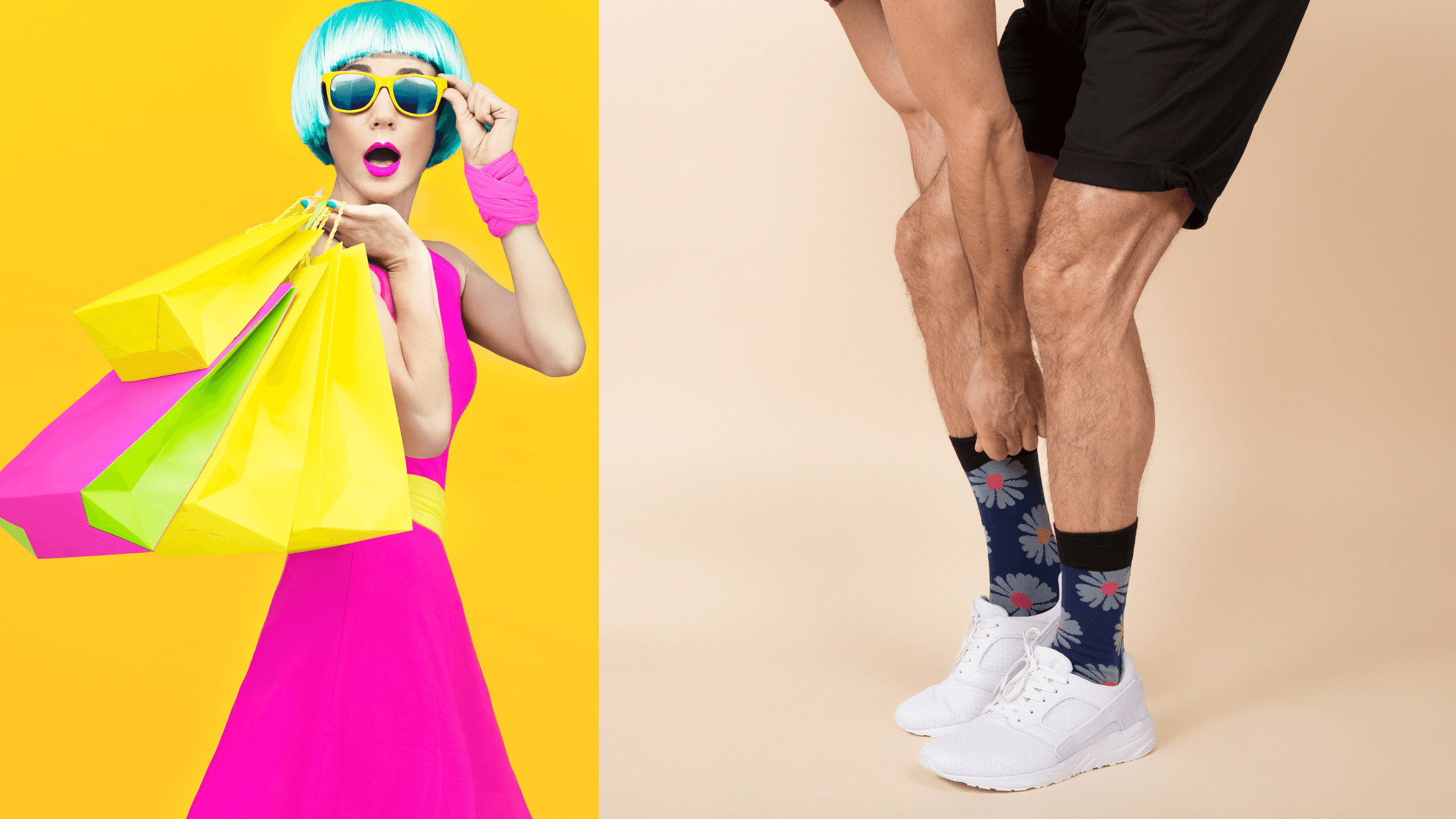








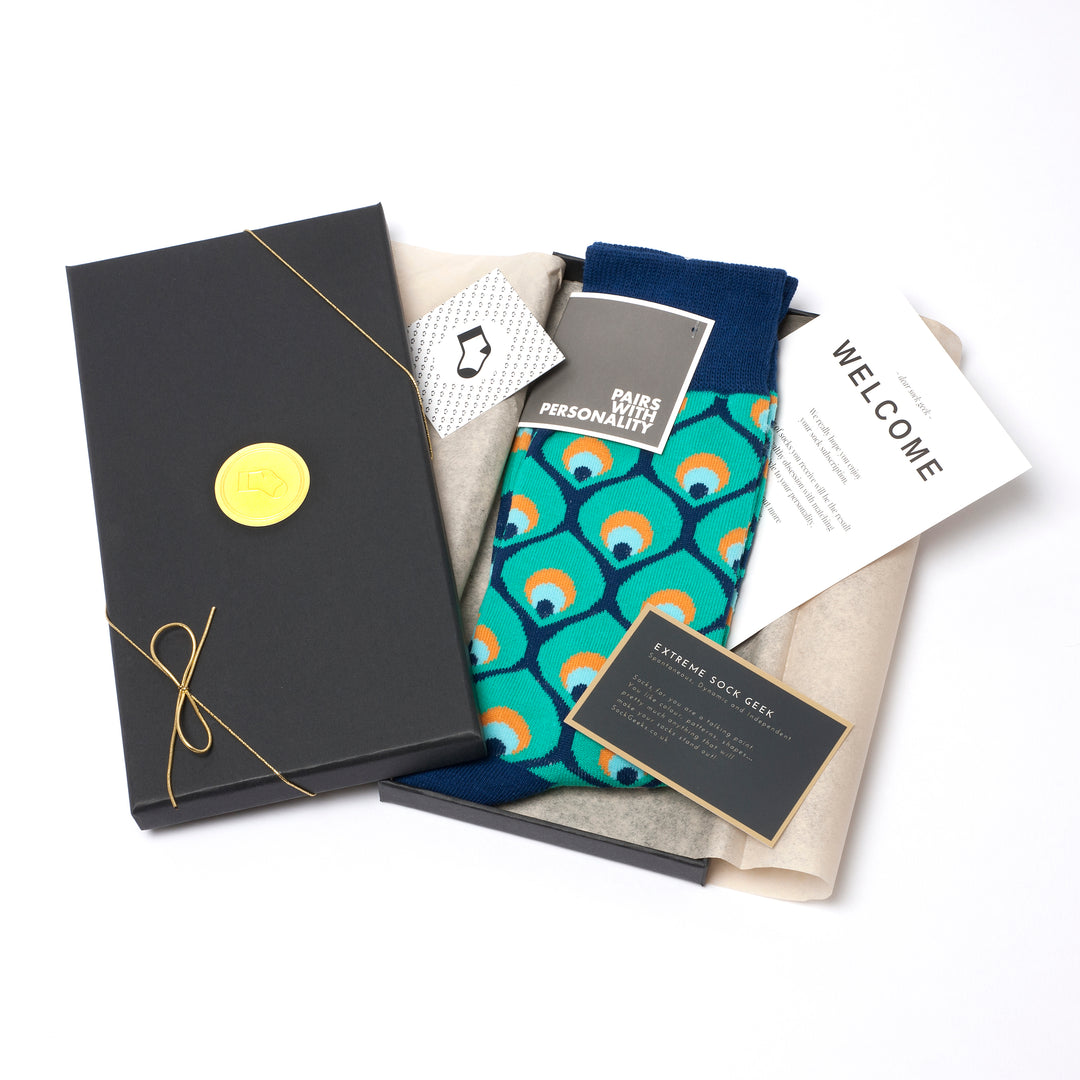
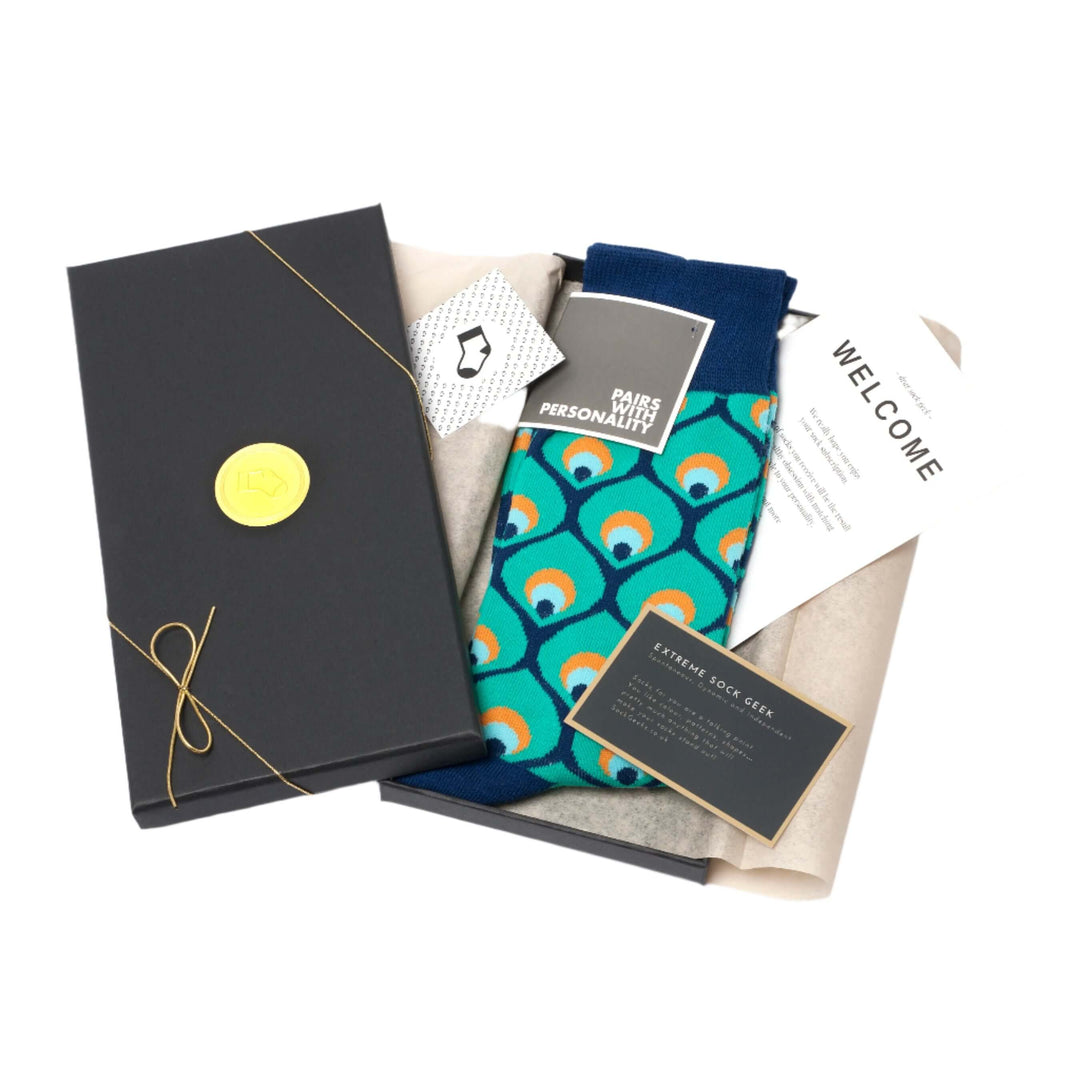
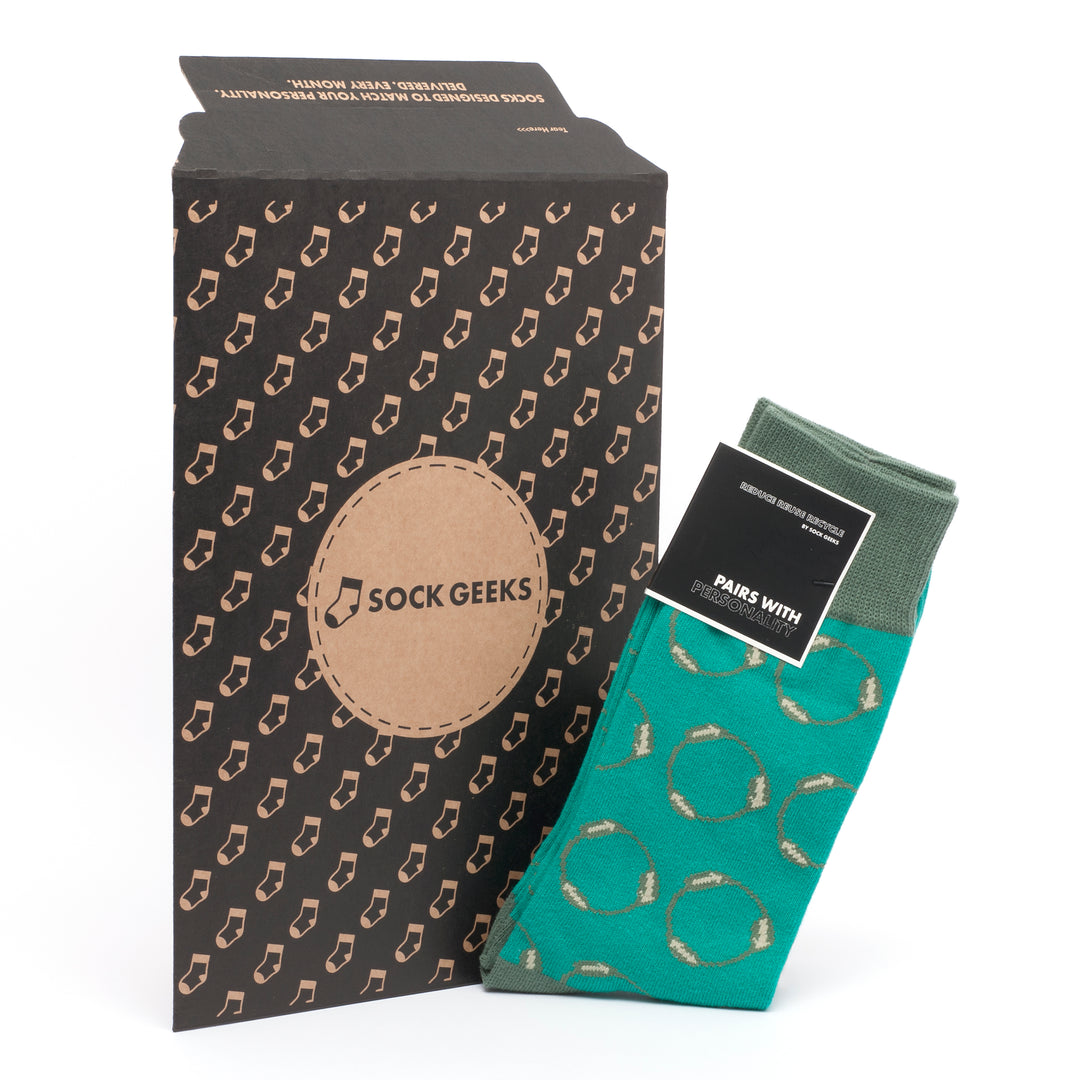
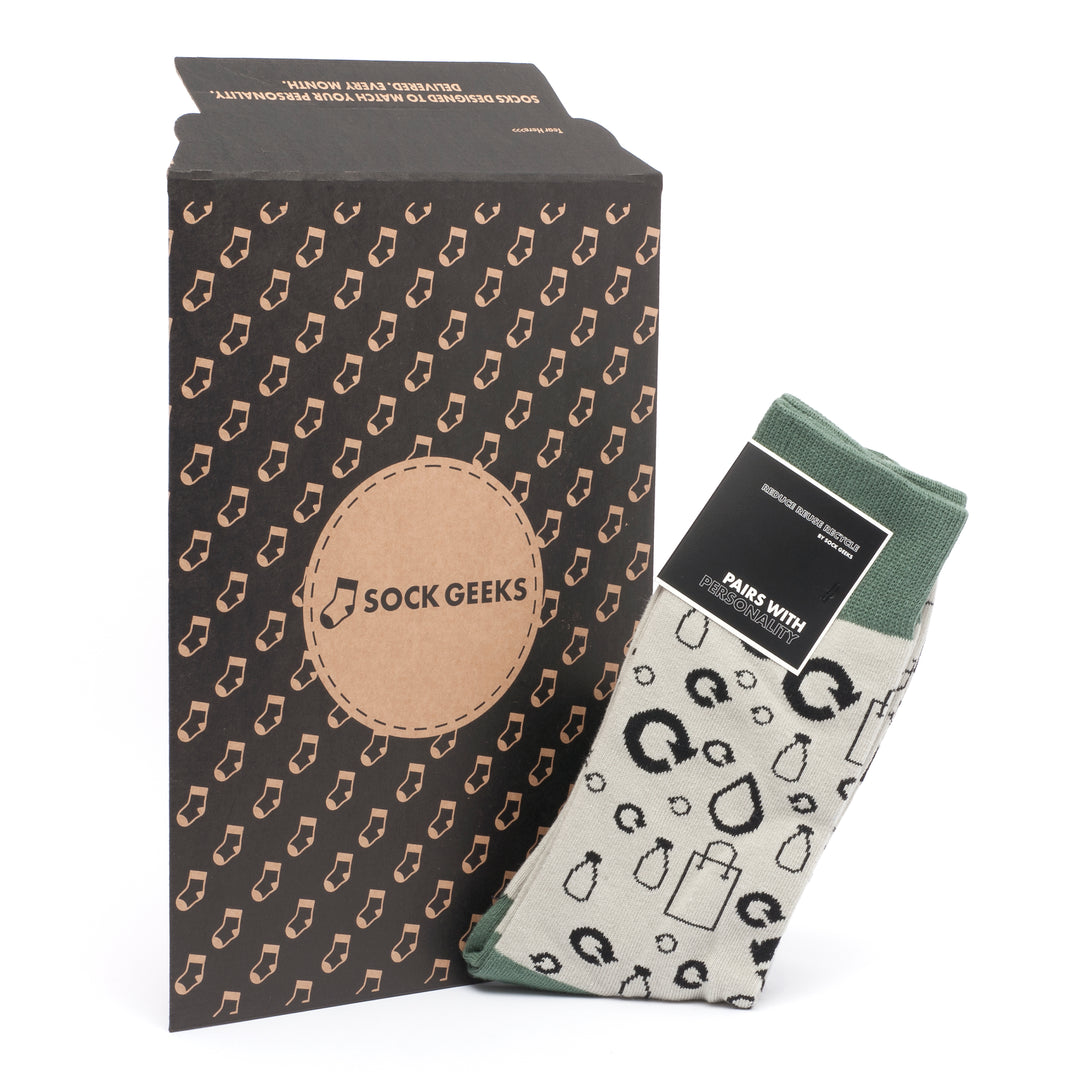



Leave a comment